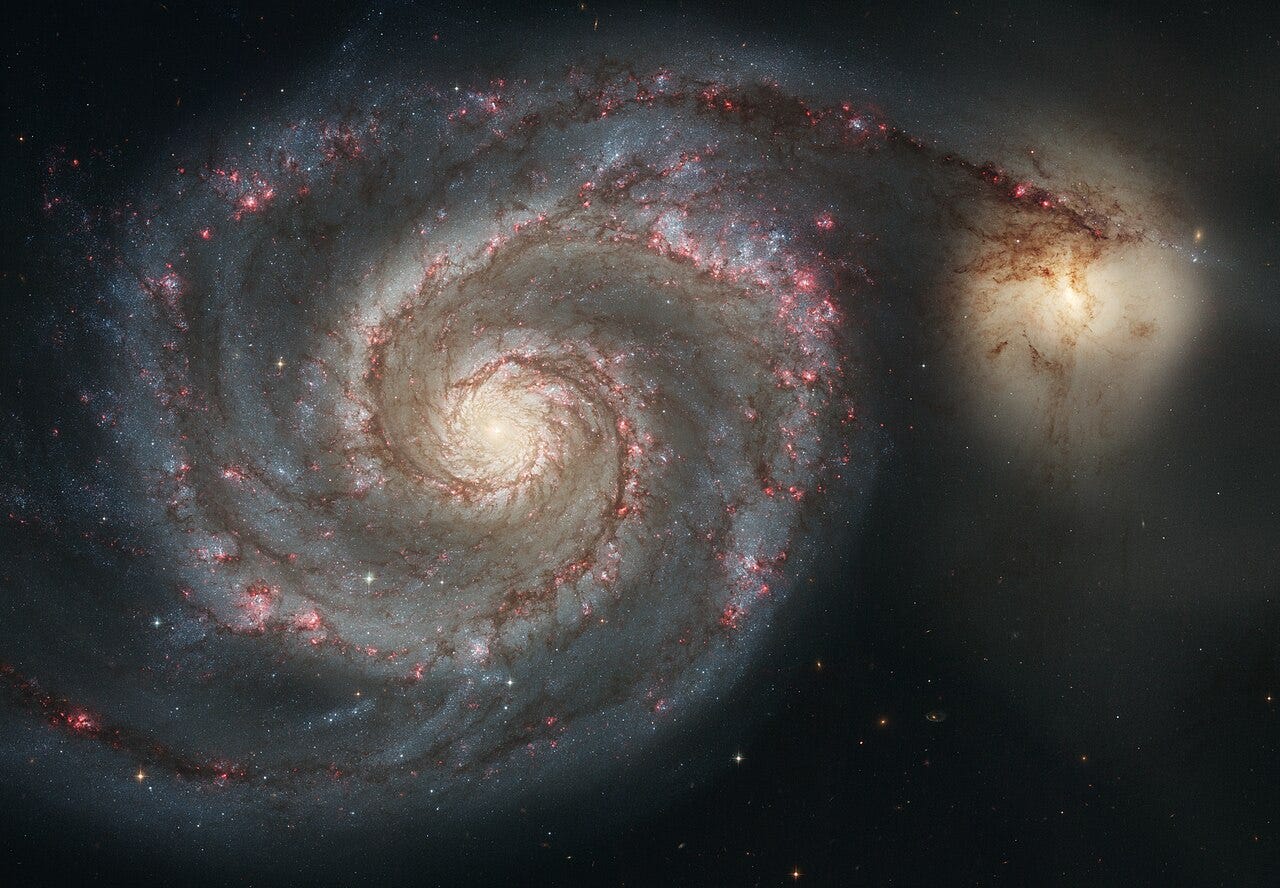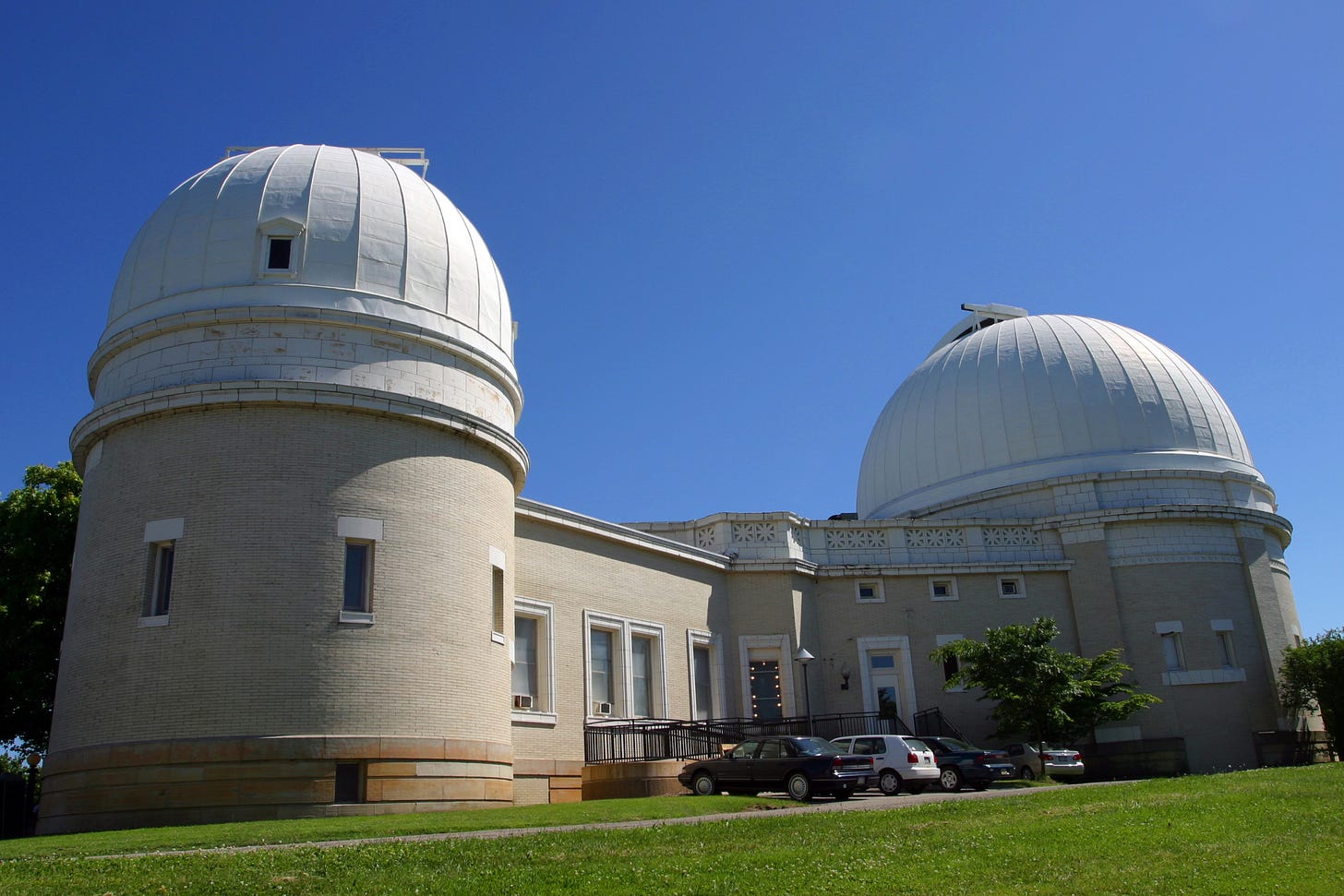Machine Learning in Astronomy
Join us on February 25 for an evening at the Allegheny Observatory
PyData Pittsburgh is excited to host our first event of 2025: Machine Learning in Astronomy. Join us on the evening of Tuesday, February 25, as Ashod Khederlarian, a 4th-year Ph.D. student at the University of Pittsburgh, shares state-of-the-art machine learning techniques being used to analyze vast astronomical datasets.
We have an exciting venue for this event—the Allegheny Observatory has graciously agreed to not only host the talk but also offer a free private tour exclusively for the PyData Pittsburgh group after the presentation! Don’t miss this opportunity to learn about cutting-edge AI applications in astronomy while exploring one of Pittsburgh’s most fascinating scientific landmarks.
About the talk
Astronomy is an observational science. To understand the history and evolution of our universe and everything in it, our only option is to observe the night sky and test our theories against the observations. Current and next-generation observatories, such as the Dark Energy Spectroscopic Instrument, the Rubin Observatory, the Roman Space Telescope, and the Euclid Space Telescope will collect light coming from billions of galaxies and stars, resulting in 10s of terabytes of data per night. Most of this complex, high-dimensional data will not be seen by the naked eye, making data science and Machine Learning (ML) tools essential for analyzing them.
In this talk, Ashod will highlight how state-of-the-art ML techniques are being used in Astronomy. Particularly, he will focus on his work at the University of Pittsburgh on using simple neural networks to add realistic properties to galaxy simulations, using deep convolutional neural networks to make 3D maps of the universe, and using dimensionality reduction techniques to visualize high-dimensional datasets.
About the speaker
Ashod Khederlarian is a 4th year physics Ph.D. student at the University of Pittsburgh. He obtained his bachelor's degree in physics at the Lebanese University and his master's in physics at the American University of Beirut. He has experience in developing deep learning models, analyzing and visualizing large datasets, and building software solutions. Currently, his research focuses on using data science and machine learning on large astronomical datasets to improve our understanding of the universe.




